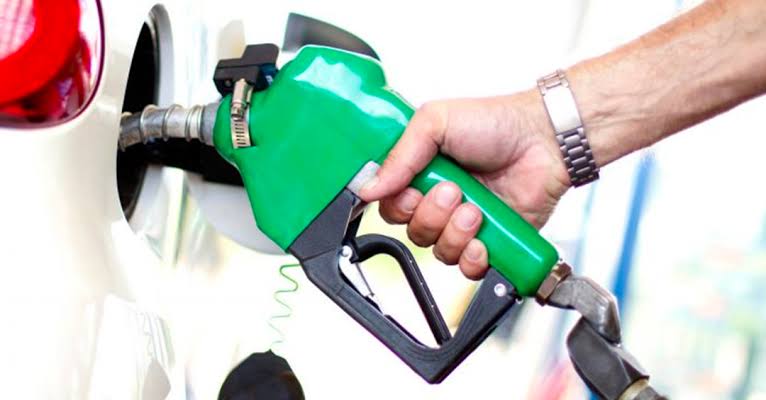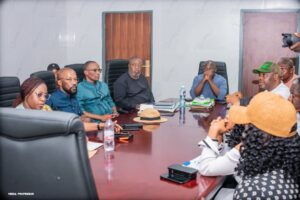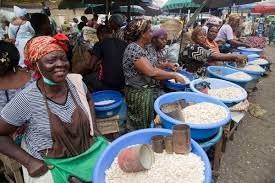Distrust over FG’s potential to remove fuel subsidy as election nears

Except Dangote Refinery becomes operational next year to reduce marginal costs associated with petroleum importation, the Centre for the Promotion of Private Enterprise (CPPE) has expressed reservations about the government’s political will to remove fuel subsidies.
Although the CPPE stated that the outlook for the Nigerian economy in 2022 is largely positive, it noted that Gross Domestic Product (GDP) growth would remain fragile and projected at three per cent threshold.
The centre warned that the seemingly intractable problem of insecurity remains a significant risk to the economy and the impact on some sectors, especially agriculture would be profound.
The CPPE added that there are also concerns about the effect on the perception of Nigeria as an investment destination and implications for Nigeria risk rating.
According to the CPPE, the timing of the proposed subsidy removal, alongside the 2023 elections, raises concerns for political actors to implement certain anti-populist policies.
In the 2022 economic outlook released yesterday, the Chief Executive Officer of CPPE, Dr Muda Yusuf, noted that the burden of petroleum subsidies on government finances might persist in 2022 despite the Petroleum Industry Act (PIA).
Indeed, the Nigerian National Petroleum Company Limited has put the amount spent on subsidising Premium Motor Spirit, popularly called petrol, between January and October 2021, at N1.03tn.
The NNPC also said it would deduct its October 2021 value shortfall of N199bn from its November 2021 proceeds meant for sharing at the December 2021 Federation Accounts Allocation Committee meeting.
The oil firm disclosed this in its latest report containing the presentation made to the FAAC meeting in November 2021.
Muda said: “It is doubtful whether the government will be able to exercise the political will to effect the removal of petroleum subsidy given the closeness of the timing to the 2023 elections. Therefore, on account of political exigencies and push back by the ruling party and labour, the economy may have to bear the heavy fiscal burden of subsidy in 2022.
“This also signals delays in the full implementation of the PIA and reform of the downstream oil sector. However, if the Dangote refinery comes on stream in 2022, the fiscal pressure may abate, but not completely eliminated”.
He equally warned that monetary and foreign exchange policy rigidities might pose a risk to the growth outlook as there are no indications of any significant shift in monetary and foreign exchange policy stance in the near term.https://1ec4c4486e44794223b6576fa48d2e67.safeframe.googlesyndication.com/safeframe/1-0-38/html/container.html
“Consequently, the distortions inherent in the foreign exchange market will persist in 2022. The constraining effect of the high Cash Reserve Requirement [CRR] on financial intermediation would also persist in 2022 with a dampening effect on growth outlook.
“There will be intense electioneering activities in 2022, preparatory to the 2023 elections. This will cause some serious distractions for political office holders at all levels as they struggle to retain power during the elections. This will adversely impact the economy and the investment environment as considerable attention and resources are committed to the electioneering activities in 2022.
“The aggressive drive for revenue by agencies of government will put enormous pressures on investors in 2022. Beyond the regular tax authorities, other agencies of government may become more aggressive in their revenue drive. This will constitute an additional burden to investors in 2022,” Yusuf added.









